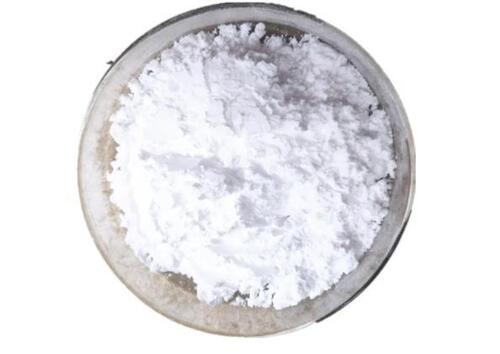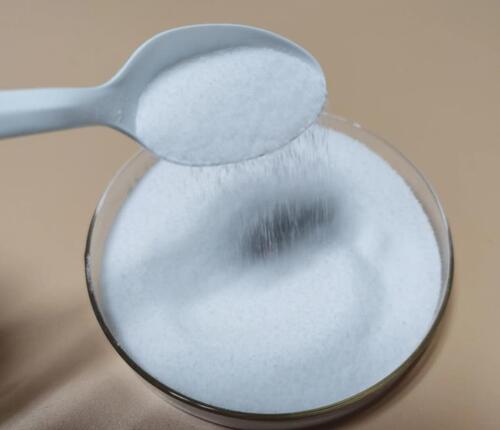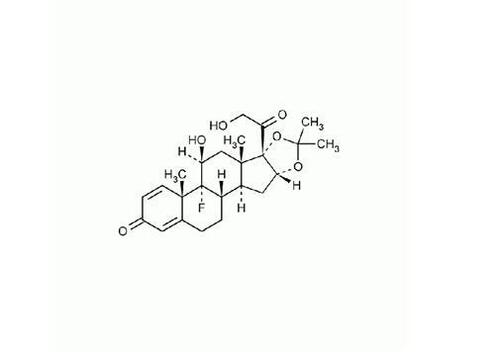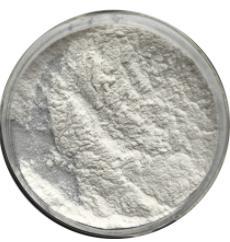Choline glycerophosphate(Alpha-GPC or Choline alfoscerate )

Product Details:
- Grade Industrial Grade
- Physical Form Powder
Choline glycerophosphate(Alpha-GPC or Choline alfoscerate ) Price And Quantity
- 300.00 - 1000.00 USD ($)/Bottle
- 700 USD ($)/Bottle
- 20 Ton
Choline glycerophosphate(Alpha-GPC or Choline alfoscerate ) Product Specifications
- Industrial Grade
- Powder
Choline glycerophosphate(Alpha-GPC or Choline alfoscerate ) Trade Information
- Shanghai China
- Telegraphic Transfer (T/T)
- 600 Ton Per Month
- 3 Days
- Within a certain price range free samples are available
- 1kg/bottle
- Central America Australia North America South America Asia Western Europe
- All India
- COA
Product Description
Product Name:Choline glycerophosphate(Alpha-GPC or Choline alfoscerate )
Synonyms:Choline glycerophosphate;28319-77-9;Alpha-GPC;Choline alfoscerate;sn-Glycero-3-phosphocholine;
L-a-Glycerophosphorylcholine
Molecular Formula:C8H20NO6P
Formula Weight:257.22
CAS No.:28319-77-9
Description:Choline Glycerophosphate is a natural choline supplement found in the brain. It is also aparasympathomimetic acetylcholine precursor. Athletes are at times interested in alpha-GPC due to its ability to enhance growth hormone production and to enhance power output, which has a lone pilot study in support of 600 mg alpha-GPC prior to exercise. Although ergogenic properties of alpha-GPC cannot be ruled out and look promising, it requires more evidence.
Glycerophosphorylcholine (GPC) is a choline derivative and one of the two major forms of choline storage (along with phosphocholine) in the cytosol. Glycerophosphorylcholine is also one of the four major organic osmolytes in renal medullary cells, changing their intracellular osmolyte concentration in parallel with extracellular tonicity during cellular osmoadaptation.
As an osmolyte, Glycerophosphorylcholine counteracts the effects of urea on enzymes and other macromolecules. Kidneys (especially medullar cells), which are exposed under normal physiological conditions to widely fluctuating extracellular solute concentrations, respond to hypertonic stress by accumulating the organic osmolytes glycerophosphorylcholine (GPC), betaine, myo-inositol, sorbitol and free amino acids. Increased intracellular contents of these osmolytes are achieved by a combination of increased uptake (myo-inositol and betaine) and synthesis (sorbitol, GPC), decreased degradation (GPC) and reduced osmolyte release. GPC is formed in the breakdown of phosphatidylcholine (PtC). This pathway is active in many body tissues, including mammary tissue.





